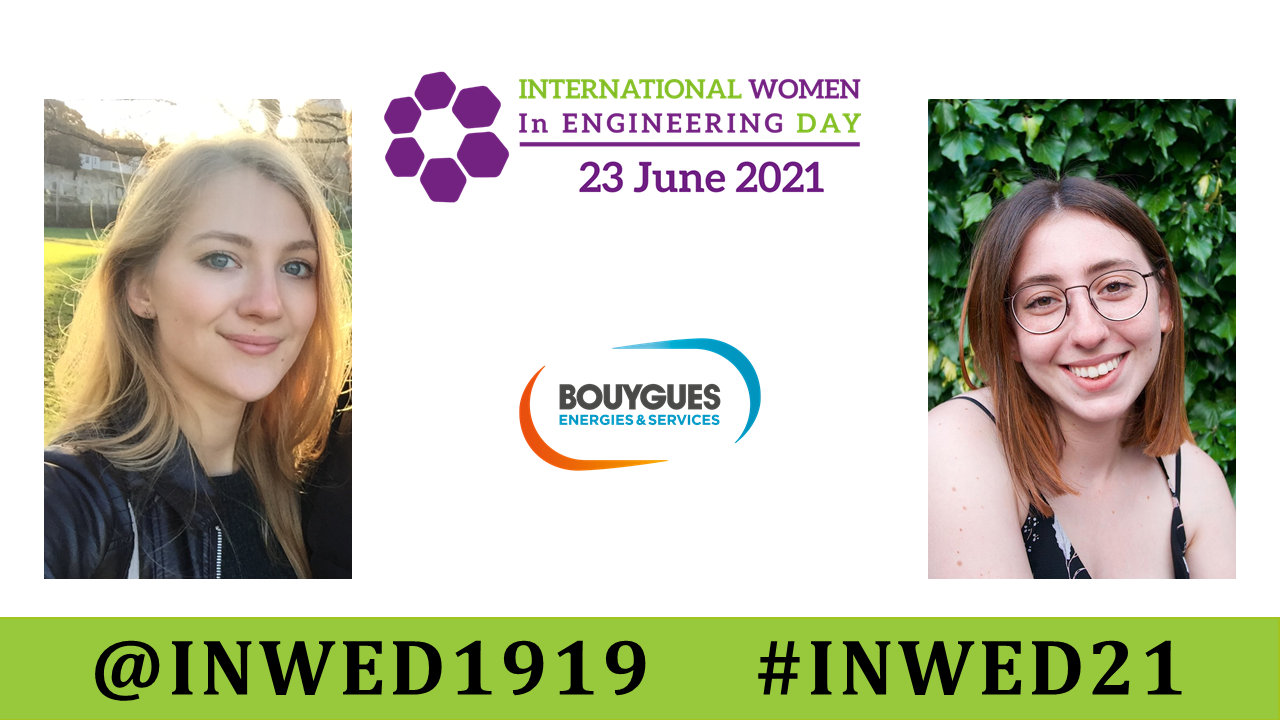Actualité
Lauren Giller and Emily Baynes are Graduate Engineers working on the BYES Emergency Diesel Generator turnkey contract for Hinkley Point C. Here, Emily interviews Lauren about her role and experiences for Women in Engineering Day (23rd of June).
EB: Hi Lauren. We’ve been working in the same team at Hinkley Point C for a few months now. Tell me a bit about who you are and what your role entails?
LG: I’m a Graduate Engineer working on Auxiliary Equipment and Structural & Mechanical Calculations. This means I spend most of my time verifying design calculations and input data. I occasionally visit the Hinkley Point C site to oversee ongoing installation works. I am also involved in some technical procurement activities.
EB: Do you enjoy going to site – is that your favourite part of your role?
LG: Yes, it puts the work I do into perspective and it’s good to get out of the office!
EB: I guess, like many of us, that’s why you chose Engineering as a career path?
LG: I always loved Maths and Physics and I wanted to be able to apply my knowledge and skills to real-world applications to make a difference to society.
EB: What would you say is the biggest challenge in your role?
LG: Definitely collating information from different places and sieving through it to pick out what is the most important.
EB: Yes, there’s so much information to go through and so many procedures to follow. But I find it useful to have very clearly defined processes. I suppose that is what happens when you work on such a huge project.
LG: Yes, Hinkley Point C is such a huge international project. The team are delivering an extremely high quality and highly qualified technical system. I’m really proud to have the opportunity to work on a project of such industrial importance to the UK. Everyone is hugely experienced in the field, and willing to share their knowledge to help me learn and grow.
EB: There is so much to learn from the whole team. When I tell friends and family that I’m an engineer working on Hinkley Point C, I think they imagine me installing cables on site. Do you hear similar misconceptions about your role?
LG: Pretty similar, I guess. Mechanical engineers are sometimes thought of as mechanics who physically work on engines. In reality, mechanical engineering involves applying a range of technical knowledge and using computer-aided techniques to reach solutions.
EB: We both joined the graduate scheme at the same time during COVID. Has that challenged you or affected your work in any way?
LG: Working from home in a virtual environment made it hard to network within the business and build bonds with my team. My biggest takeaway from 2020 is that I am much more capable and able to work independently than I thought I was.
EB: I agree! 2020 was a tough year, but it was really positive to join the graduate scheme.
LG: Despite COVID, the graduate scheme has allowed me to learn from different parts of the business, meet other graduates in similar positions, and take advantage of lots of different opportunities to help progress my career.
EB: Hopefully soon we will be able to put lots of names to faces. Do you have any goals for next year?
LG: I’m looking forward to continuing my learning journey and working towards a Chartership. I would also like to help other new starters settle into their new role on the graduate scheme.
EB: It would be great to be a buddy and help others learn through our experiences – especially as young women in engineering. Do you have any advice for young women interested in engineering?
LG: Be brave! As long as you have a passion for what you want to do, then you shouldn’t let the male-dominated environment stop you.

Latest news
Find all the topics that make Bouygues Energies & Services news: projects, innovations, public and client events, partnerships, press releases ...
There are no results for this choice


